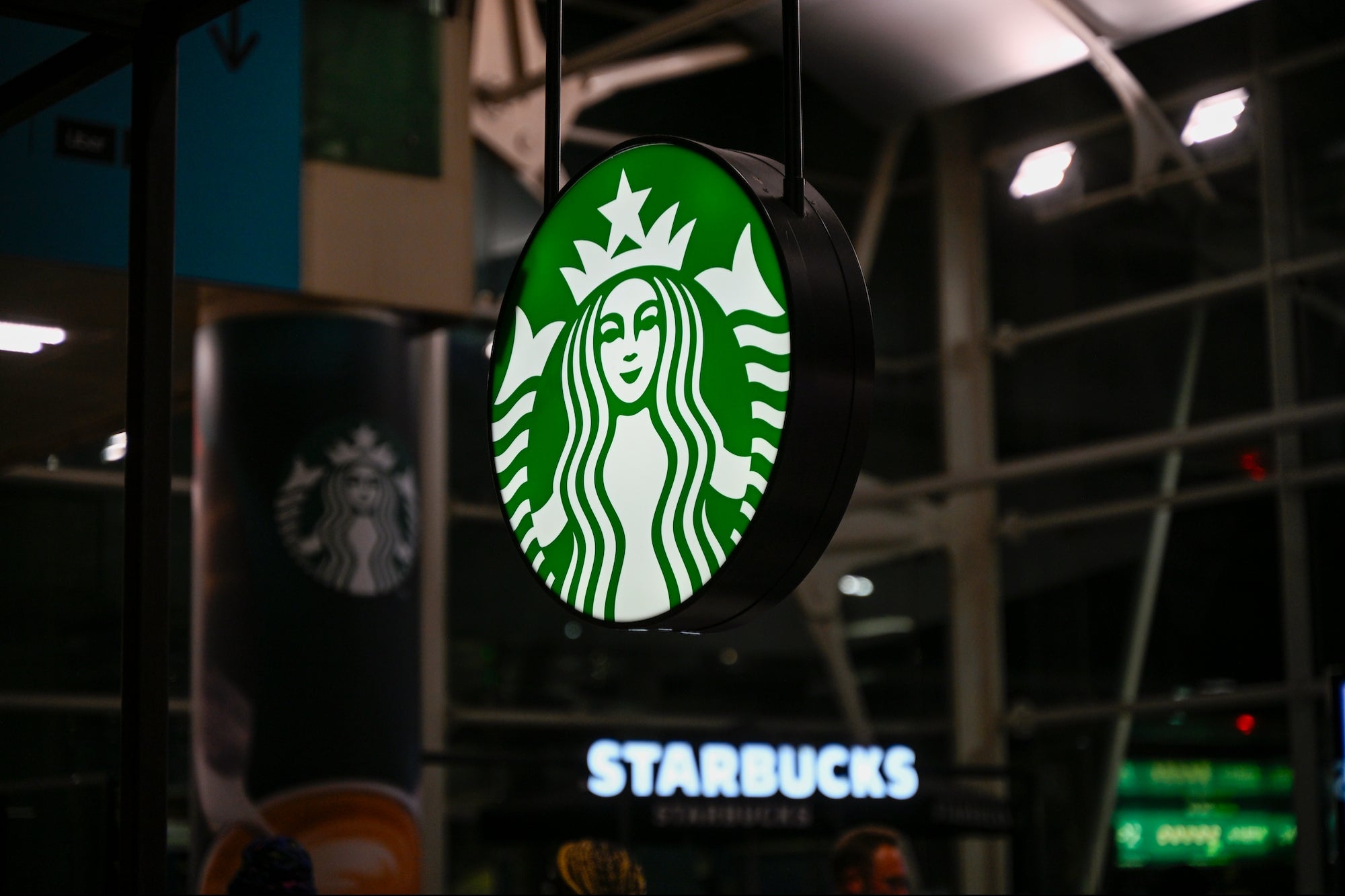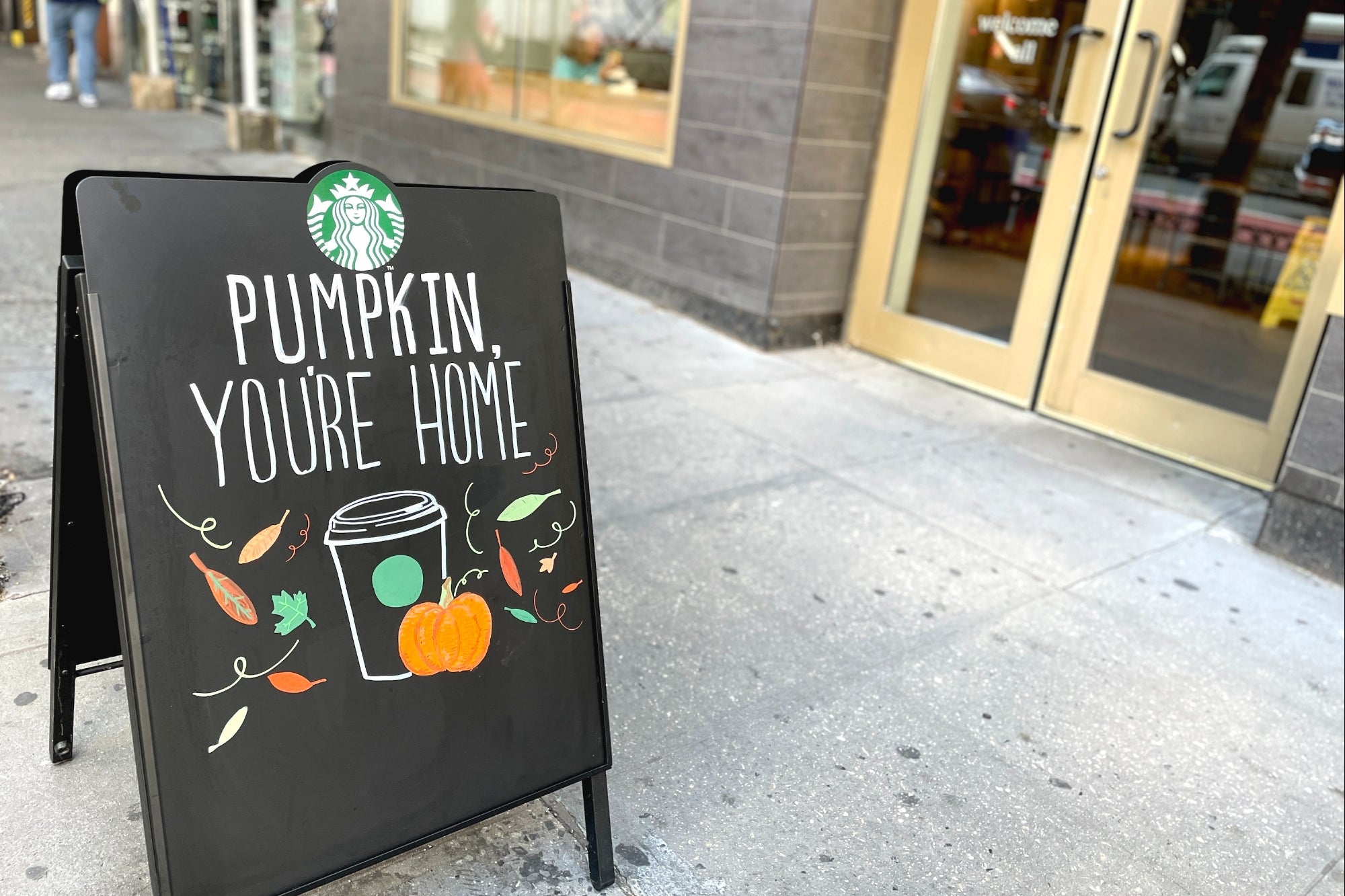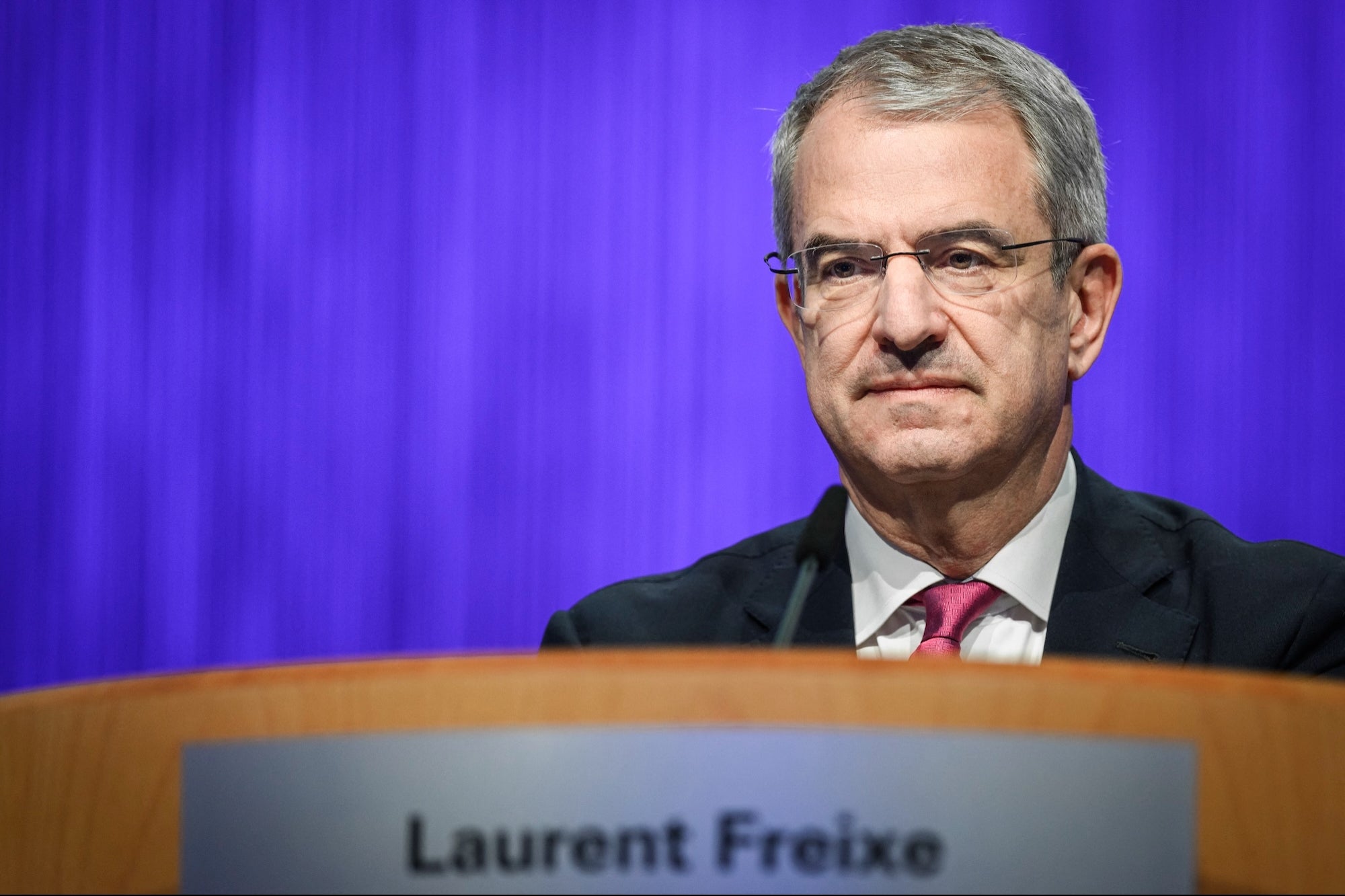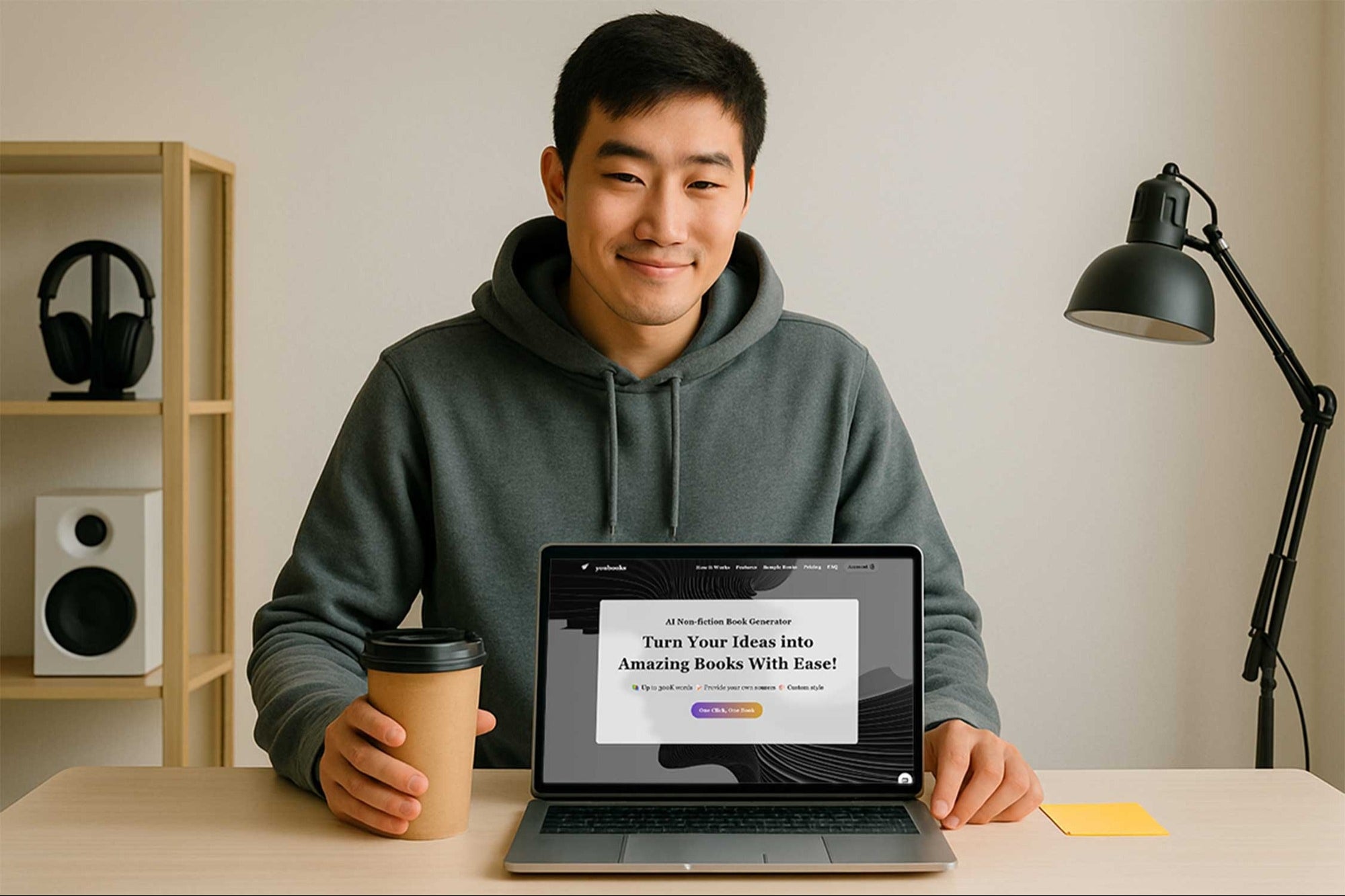The Ownership Effect How one entrepreneur is helping UK start-ups share success
Opinions expressed by Entrepreneur contributors are their own.
You're reading Entrepreneur United Kingdom, an international franchise of Entrepreneur Media.
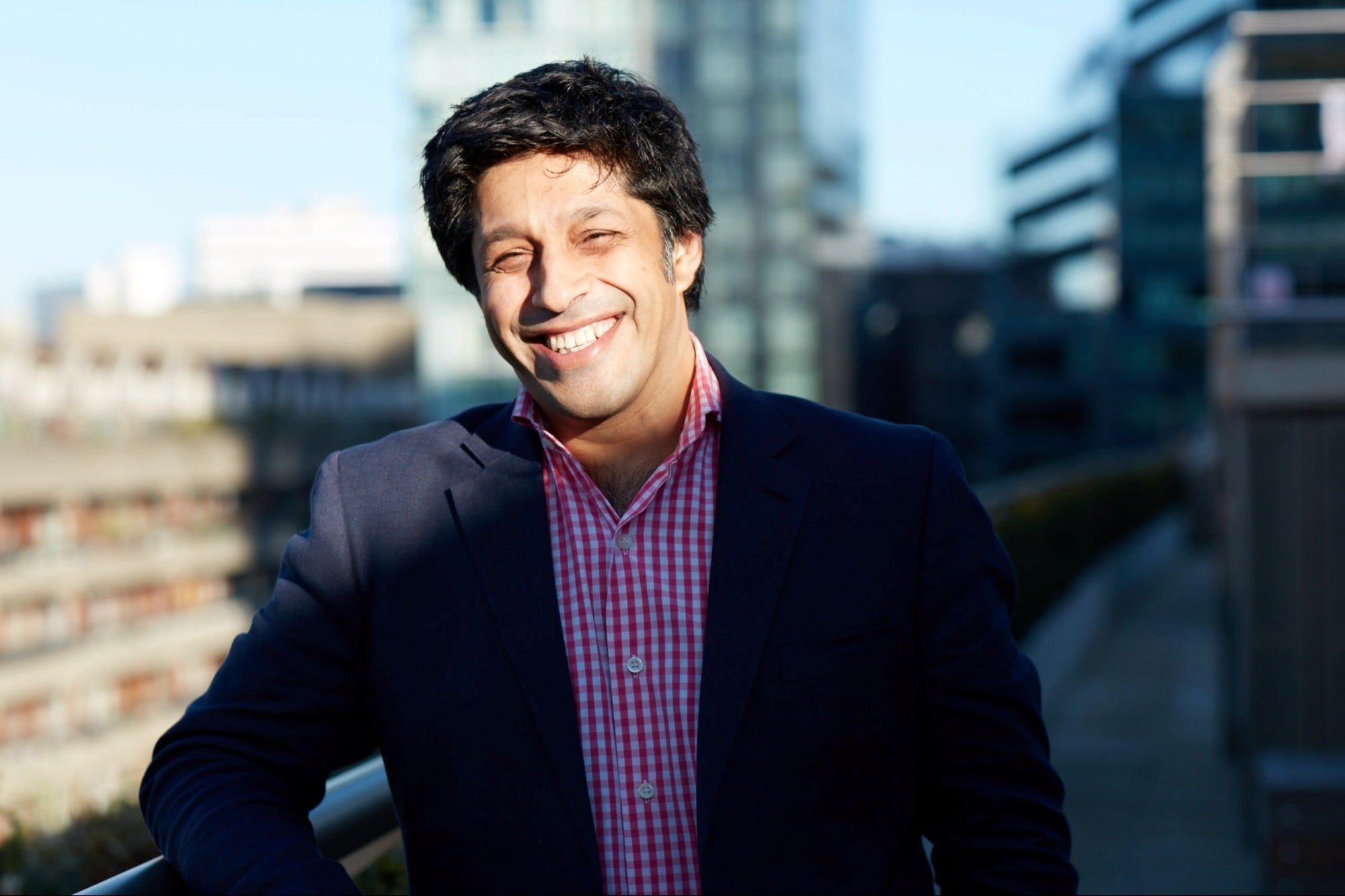
Long before Ifty Nasir became the founder and CEO of London based Vestd, a sharetech platform trusted by thousands of UK businesses, his entrepreneurial journey had already begun - in a corner shop in Bradford. "I have always had an entrepreneurial mindset," says Nasir. "Growing up, while my dad was the adventurer, leading our family to the UK, my mum was a true entrepreneur. She ran the family corner shop and managed the entire household with a relentless work ethic."
That early exposure to business left a lasting mark. "My own initial entrepreneurial steps actually began as a teenager growing up in Bradford, when I attempted to set up a 'computer-aided' real estate business similar to the likes of Rightmove and Zoopla which are common now," he recalls. "At the time I couldn't secure the funding from the regional enterprise council and the idea never got off the ground."
Instead, Nasir took a detour - one that led him around the world. "After that I began a career in the oil and gas industry, which took me around the world in senior roles at BP before I became CEO of Essar Energy and led its debut listing on the FTSE100 in 2013."
But the entrepreneurial flame hadn't gone out. It was reignited in an unlikely place: the classroom. "During a senior executive programme at Stanford University while working at BP, a lecturer discussed the idea of the 'ownership effect', a thinking that productivity, engagement and retention are all supercharged when staff have a slice of the pie. The huge potential value of employee share ownership resonated with me from that moment."
And so, in 2014, Vestd was born. "As a result, I founded Vestd in 2014. Since then we have become the only FCA-authorised and B Corp certified sharetech platform, grown to work with thousands of startups, SMEs and enterprise level businesses across the UK, as well as expanding to India this year through our partnership with Trica to launch Vestd India." Yet the path to that success wasn't without hard pivots and difficult decisions. "The first iteration of Vestd - Vestd 1.0 - was a marketplace which helped startups turn their equity into a currency they needed. After developing our prototype platform and getting FCA authorised, we realised it would take a lot more time and money than I had to make it a success."
With personal capital already on the line, Nasir was forced to reflect. "At this stage I had invested a significant amount of my time and money and when it's your own money it's incredibly difficult to take a step back and realise that you need to pivot," he says. "As a founder you need to have tenacity and run with an idea but when you can see it's beyond you, then you have to stop and change your plan."
Initial funding came from a tight circle. "While Vestd was self-funded initially, I did secure some funding from friends early on which was a big part of our success," he explains. "I put a lot of my own money into the business, but after we got FCA authorised status I had a number of friends telling me what a great idea they thought we had so I asked them to put their money where their mouth was!"
That act of belief- both financial and personal -proved pivotal. "They did invest in the business- it wasn't the need for the cash, but the tangible agreement that our business has legs. This changed the dynamic and their belief that we could make this work kept me going. I had a need to succeed for my friends!" Failure, he says, is part of the process. "Being a founder brings a lot of highs and plenty of lows, particularly when you're at the early stages of growing a business. The key for me is to have confidants among your friends and family who aren't part of your business. It's so important to speak openly about your thoughts and worries, as well as getting a fresh pair of eyes on a situation."
Mistakes, he adds, are essential. "The other thing to remember is that mistakes are lessons. Every entrepreneur experiences failures and disappointments before they achieve success. Resilience is the ability to adapt and overcome, so being able to adapt and change your approach when you suffer a setback is key." As for advice to other founders dreaming of scaling their businesses? Nasir is clear: "No founder can do everything on their own, so you need to make sure that your team has real skin in the game."
"I'm still a passionate believer in the 'ownership effect' and all of the research shows that companies that share equity recruit better and retain staff for longer," he says. "Conditional shares and options schemes are dependent on time served or delivery of key objectives, so they are fair, measurable and tangible, as well as giving your team a real incentive to support the success of the business."
His final tip is pragmatic, but vital: "Know your cap table and stay on top of its evolution. Maintaining and updating a cap table can easily become very complex and messy, but nailing this during the early stages of your business will make things simpler when investment rounds come into view."
Nasir set out to build a company - but ended up building a platform for others to share in that success. In his words, "Through that learning I have realised that I can help more people to reward their teams with equity."

